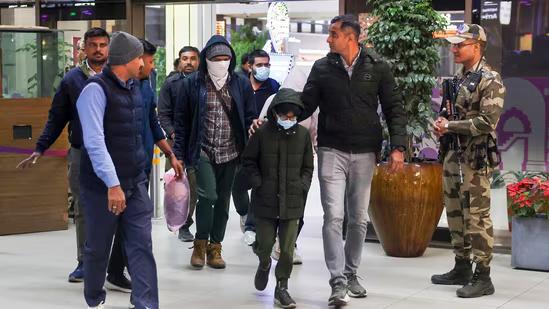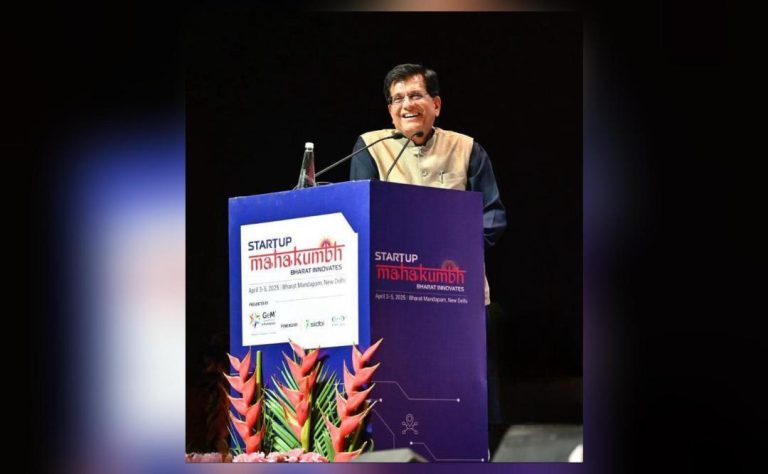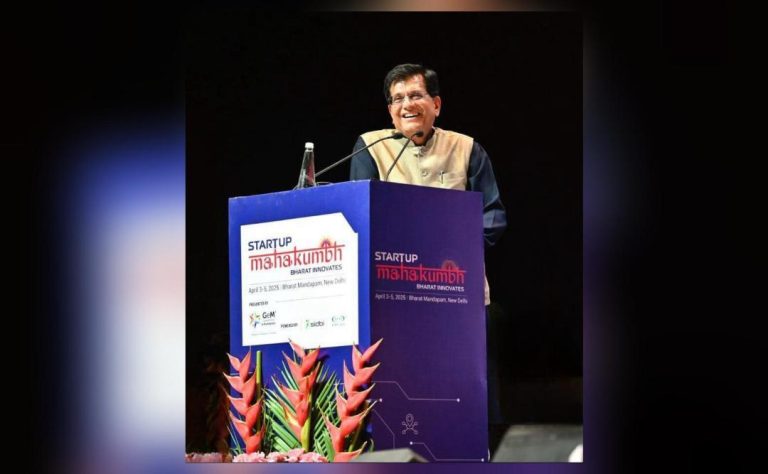
What is Deportation & Who are the People Being Sent Back by US?
Deportation is the formal process by which non-citizens are removed from a country. In the United States, Immigration and Customs Enforcement (ICE) oversees deportation, which may occur due to visa violation, criminal activity, or threat to public safety, among other reasons. Those entering the US illegally, without proper documents or using forged documents, are subject to quick removal. Recently, over 100 Indians have been sent back by the US, sparking concerns about the rising trend of deportation in the country.
What is Deportation?
Deportation is the process of removing a non-citizen from a country, usually due to their illegal presence or violation of immigration laws. The US relies on a complex system of immigration laws and regulations to manage the flow of people entering the country. While some individuals are granted visas or green cards, allowing them to live and work in the US, others may enter illegally or overstay their visas.
ICE, a federal law enforcement agency, is responsible for identifying, apprehending, and deporting individuals who are deemed to be in the country illegally. Deportation can occur through various means, including:
- Voluntary departure: In some cases, individuals may choose to leave the country voluntarily rather than face deportation proceedings.
- Expedited removal: This process is used for individuals who enter the country illegally or are removed within 14 days of arriving.
- Formal removal proceedings: This process involves a hearing before an immigration judge, where the individual can present evidence and argue their case.
Why Does the US Send Back Nationals to Home Countries?
The US sends back nationals to their home countries for a variety of reasons, including:
- Visa violations: Individuals who enter the country on a visa but fail to comply with the terms of their visa, such as overstaying or working without authorization, may be subject to deportation.
- Criminal activity: Those who commit crimes in the US, such as drug trafficking, gang activity, or violent crimes, may be deported as a direct result of their criminal activity.
- Public safety concerns: The US may deport individuals who pose a threat to public safety, such as those with a history of violence or gang activity.
- National security concerns: In some cases, the US may deport individuals who pose a threat to national security, such as those with ties to terrorist organizations.
Who are the People Being Sent Back by US?
Recent statistics show that over 100 Indians have been deported by the US in the past few months. This trend is not unique to Indians, however. Deportation affects individuals from a wide range of countries, including:
- Mexico: The US has a long-standing issue with illegal immigration from Mexico, with thousands of individuals being deported each year.
- Central America: Countries such as El Salvador, Guatemala, and Honduras have seen significant numbers of deportations due to the crisis of gang violence and poverty in the region.
- China: The US has deported large numbers of Chinese nationals in recent years, many of whom were accused of visa fraud or other immigration violations.
- India: As mentioned earlier, over 100 Indians have been deported by the US in recent months, with many more facing deportation proceedings.
Conclusion
Deportation is a complex and controversial issue in the US, with many individuals facing removal from the country due to a variety of reasons. While some may view deportation as a necessary step to maintain public safety and national security, others argue that it is a human rights issue, as it separates families and individuals from their loved ones and communities.
As the US continues to grapple with the issue of immigration and deportation, it is essential to understand the complexities and nuances of this process. By staying informed and engaging in respectful dialogue, we can work towards finding solutions that balance the need for public safety and national security with the human rights of individuals and families.
News Source:






